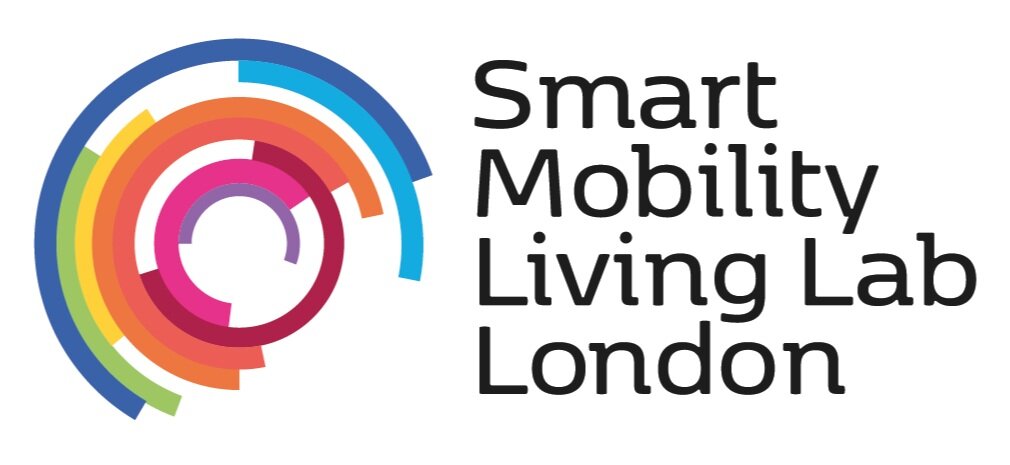O2 plans rollout of 5G connectivity for world's most advanced urban testbed for self-driving vehicles
O2 has signed an agreement to provide 5G connectivity for the testing of connected and autonomous vehicles (CAVs) in the world’s most advanced urban testbed, the Smart Mobility Living Lab (SMLL) in London.
O2’s 3.4GHz 5G-ready spectrum will enable car manufacturers, self-driving technology companies, start-ups as well as other private and public organisations involved in the transport ecosystem to test both vehicle to vehicle (V2V) and vehicle to road communications (V2X) in a real-world environment.
SMLL is a government backed CAV testbed based in the Royal Borough of Greenwich and Queen Elizabeth Olympic Park, created with the aim of building safer, more intelligent and better joined-up transport systems. It comprises world leading expertise from across the transport and technology sectors including TRL, Cisco, DG Cities, London Legacy Development Corporation, Cubic Transportation Systems and Loughborough University. O2 has now agreed to collaborate with SMLL to provide 5G connectivity to the testbed.
5G’S ROLE IN SUPPORTING CAV AND INTELLIGENT TRANSPORT SYSTEMS
Many transport experts believe 5G is the key to unlocking the potential of self-driving vehicles’ potential. There are three stand-out reasons for this – the extra speed of 5G, its ability to connect with many more devices at once, and a far lower latency, meaning data sent between two 5G devices is almost instantaneous.
The high capacity of 5G also allows for vehicles to transmit large amounts of data, including 4K video, to intelligent cloud-based transport systems, which are expected to improve road safety and help traffic authorities to monitor and manage traffic flow.
Brendan O’Reilly, O2’s Chief Technology Officer, said, “At O2 we’re determined to help businesses of all sizes realise the potential of fifth-generation mobile technology. We know that the transport sector is going to be one of the key beneficiaries of 5G – and that the technology has the potential to reduce traffic congestion, as well as making journeys safer and more enjoyable. That’s why we’re excited to be working with the teams at the Smart Mobility Living Lab, who are driving forward our understanding how this next generation technology will fundamentally change the fabric of the cities in which we live and work as well as creating entirely new methods of travel.”
Paul Campion, CEO of TRL, said: “5G is a technology that supports a successful rollout of self-driving cars in the UK. Smart Mobility Living Lab (SMLL) research shows that over a third of industry leaders from the transport, technology and automotive industries think investment in strengthening the UK’s digital infrastructure is a key step for making self-driving cars commercially available in the UK. By working with industry leader O2, we are ensuring that SMLL is not just a real-world testing environment for self-driving cars today; we are future-proofing the testbed so that we can accelerate our customers’ research and development programmes.”
Trevor Dorling, Managing Director of DG Cities, said: “Connected and autonomous vehicles are an emerging technology with the potential to address some of the key challenges cities face. The ‘connected’, in connected and autonomous vehicles is critically important as it enables advanced safety features such as vulnerable road user alerts or dangerous intersection warnings to work, making city streets safer. 5G underpins these use cases and offers further benefits to people and businesses. This latest collaboration with O2 and SMLL will enable us to better understand the potential applications of this new technology.
